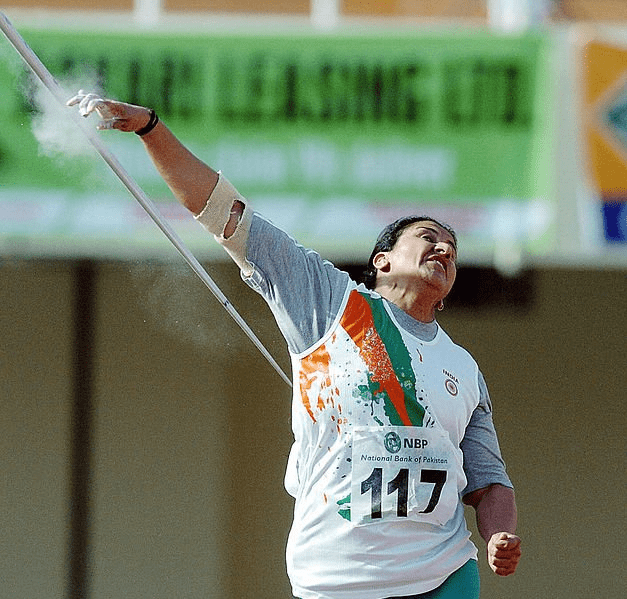AI Generated Summary
- Her rise to prominence was a source of immense pride for her family and her village, but it also brought forth the harsh realities of being a woman in a male-dominated sport.
- Due to her stupendous achievements and excellent playing style, the Sports Authority of India (SAI) was appointed as the coach of the Indian Javelin Throw team participating in the World Junior Athletics Championships, held in Kenya.
- As she carved out a space for herself in the world of sports, she became a beacon of hope for countless young girls in India.
Gurmeet Kaur’s story is a testament to the extraordinary potential of ordinary people when they refuse to let societal expectations dictate their dreams. From humble beginnings in a small village in Punjab, India, Kaur rose to prominence as a world-class javelin thrower, shattering barriers and inspiring countless women along the way. This feature article delves into the remarkable journey of this iron-willed athlete, who not only conquered the world of sports but also became a symbol of women’s empowerment in India.
Born in the 1990s to a family of farmers, Kaur’s childhood was far from idyllic. Like many girls in rural India, she was expected to focus on household chores and contribute to the family’s agricultural work. However, a chance encounter with a javelin in her school’s sports room sparked a passion that would propel her towards the international stage.
Kaur’s talent was undeniable, but the path to success was strewn with obstacles. From the scarcity of resources to the lack of support for female athletes, Kaur faced numerous challenges in her quest to become a professional javelin thrower. Undeterred, she trained rigorously, using whatever equipment she could find, even resorting to throwing sticks in her village fields. Her determination caught the attention of a local sports coach, who recognized her potential and offered to train her.
Under her coach’s guidance, Kaur honed her skills, swiftly gaining recognition in regional and national competitions. Her rise to prominence was a source of immense pride for her family and her village, but it also brought forth the harsh realities of being a woman in a male-dominated sport. The challenges she faced went beyond the athletic realm, as she had to contend with gender bias, discrimination, and the ever-present expectation to conform to traditional gender roles.
Kaur, however, was not one to back down. She used the adversity she faced as fuel to strengthen her resolve, and her unwavering dedication to her sport soon began to yield results. She set her personal best (58.64 metres) on 17 July 2000 at a meet in Bangalore, which was the national record until 2014, when it was beaten by Annu Rani. In 2004, she secured a bronze medal at the Asian Games, a feat that marked the beginning of her international success. Kaur continued to break records, earning several medals at prestigious events such as the Commonwealth Games and the Asian Athletics Championships.
| Year | Competition | Venue | Position | Notes |
|---|---|---|---|---|
| Representing | ||||
| 1998 | Asian Championships | Fukuoka, Japan | 3rd | 55.35 m |
| Asian Games | Bangkok, Thailand | 3rd | 59.00 m | |
| 1999 | World Championships | Seville, Spain | 26th | 51.97 m |
| 2000 | Asian Championships | Jakarta, Indonesia | 2nd | 55.65 m |
| Olympic Games | Sydney, Australia | 32nd | 52.78 m | |
| 2003 | Afro-Asian Games | Hyderabad, India | 2nd | 53.37 m |
| 2004 | South Asian Games | Islamabad, Pakistan | 2nd | 51.27 m |
| 2006 | South Asian Games | Colombo, Sri Lanka | 3rd | 46.45 m |
Gurmeet Kaur’s impact went far beyond her impressive array of medals. As she carved out a space for herself in the world of sports, she became a beacon of hope for countless young girls in India. Her story of grit and determination resonated with those who, like her, were eager to defy societal norms and pursue their dreams. Kaur’s success sent a powerful message: gender should never be a barrier to achieving greatness.
Due to her stupendous achievements and excellent playing style, the Sports Authority of India (SAI) was appointed as the coach of the Indian Javelin Throw team participating in the World Junior Athletics Championships, held in Kenya.




